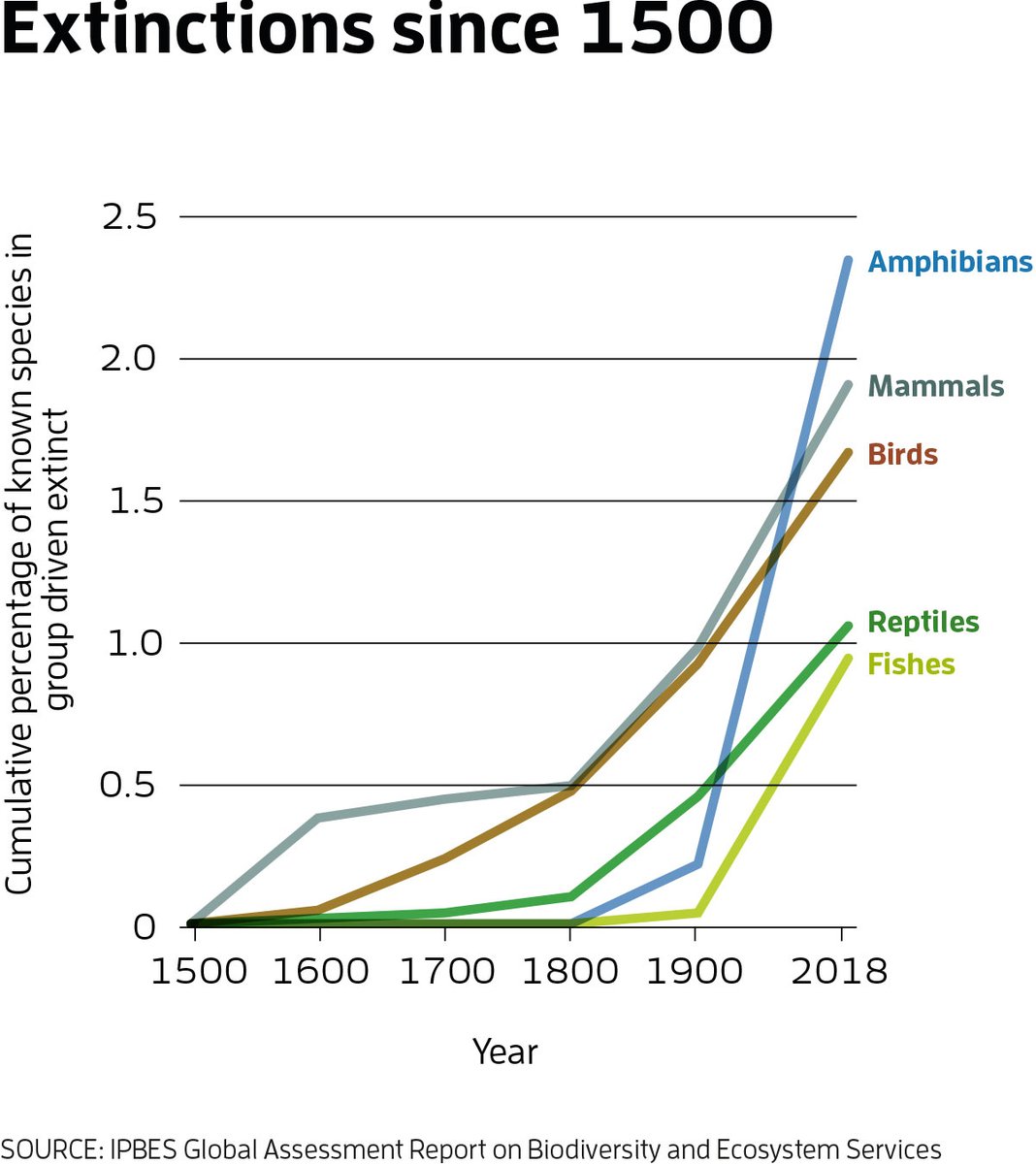
Today’s #COVID19 headlines:
UK prime minister Boris Johnson will today set out a plan for easing restrictions. Schools will reopen on 8 March and groups of six people will be allowed to meet outdoors three weeks later, the Guardian reports. theguardian.com/world/2021/feb…
UK prime minister Boris Johnson will today set out a plan for easing restrictions. Schools will reopen on 8 March and groups of six people will be allowed to meet outdoors three weeks later, the Guardian reports. theguardian.com/world/2021/feb…
Figures from Scotland show that covid-19 vaccines are having a significant impact on the risk of serious illness. By the fourth week after the first dose, hospitalisations were reduced by 85% and 94% for the Pfizer and AstraZeneca jabs respectively. bbc.co.uk/news/health-56…
Maharashtra state, India, has imposed new restrictions on movement and night curfews in some cities in response to a sharp rise in covid-19 cases. Masks and temperature checks are being made compulsory on suburban trains in Mumbai. reuters.com/article/us-hea…
• • •
Missing some Tweet in this thread? You can try to
force a refresh










